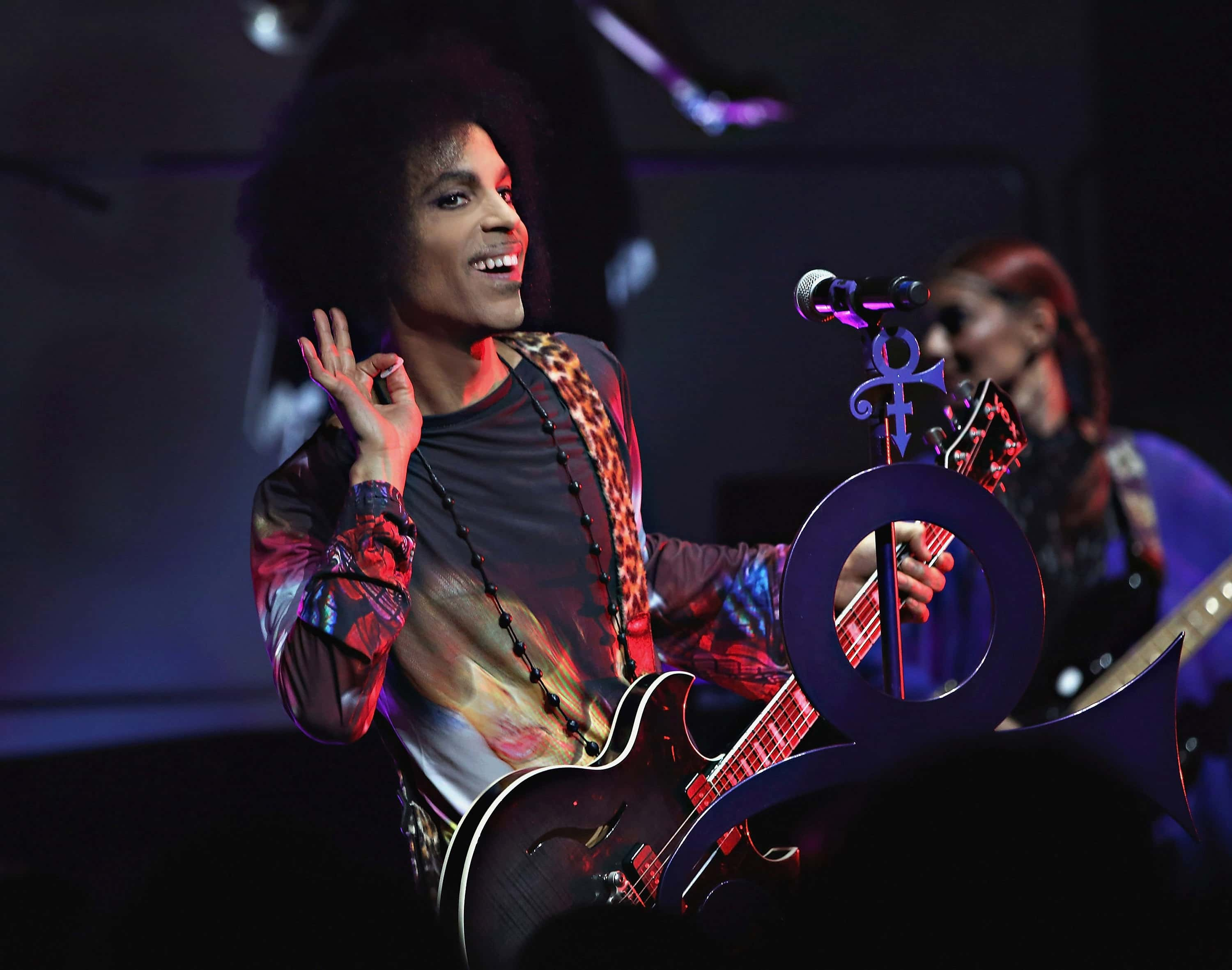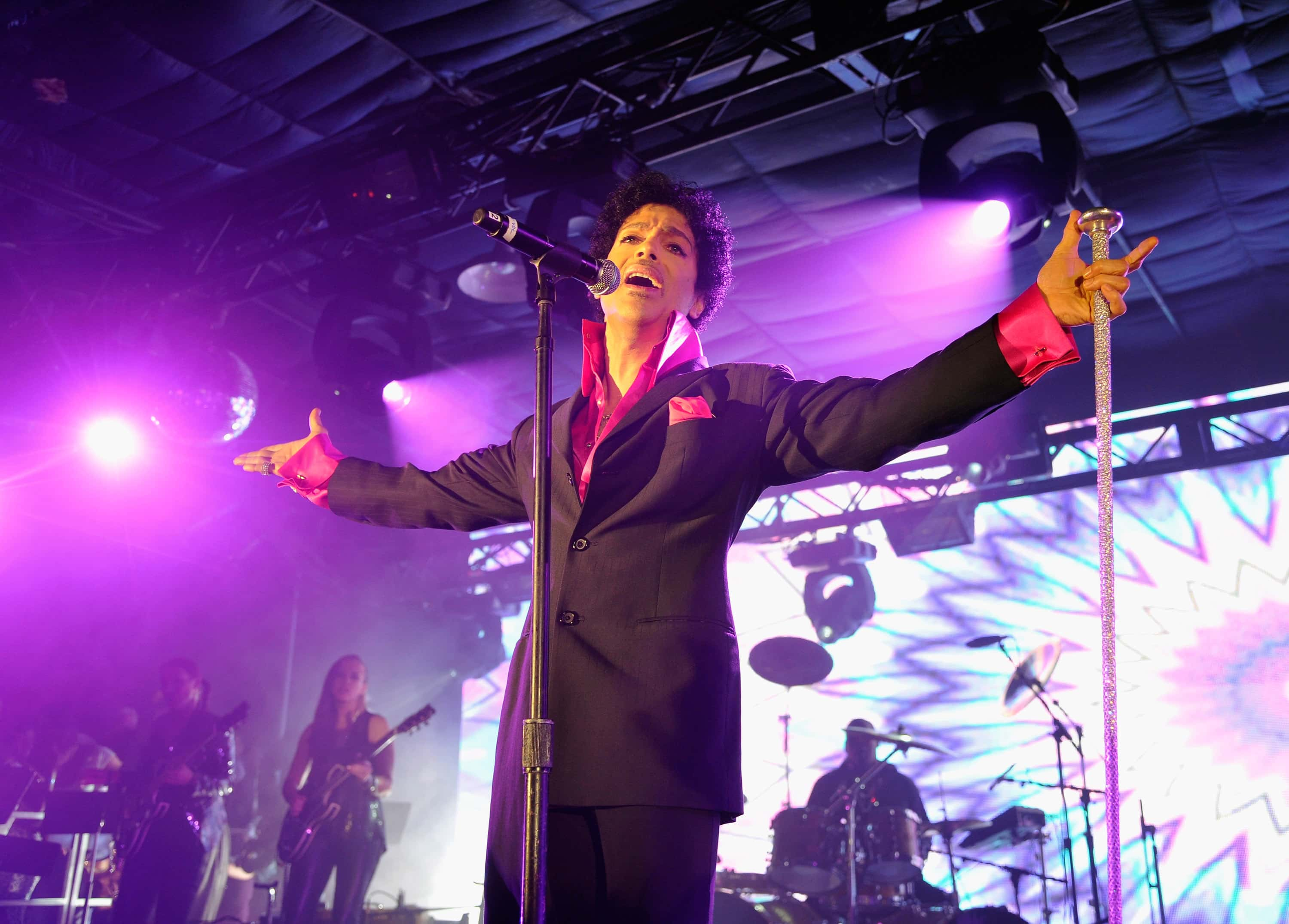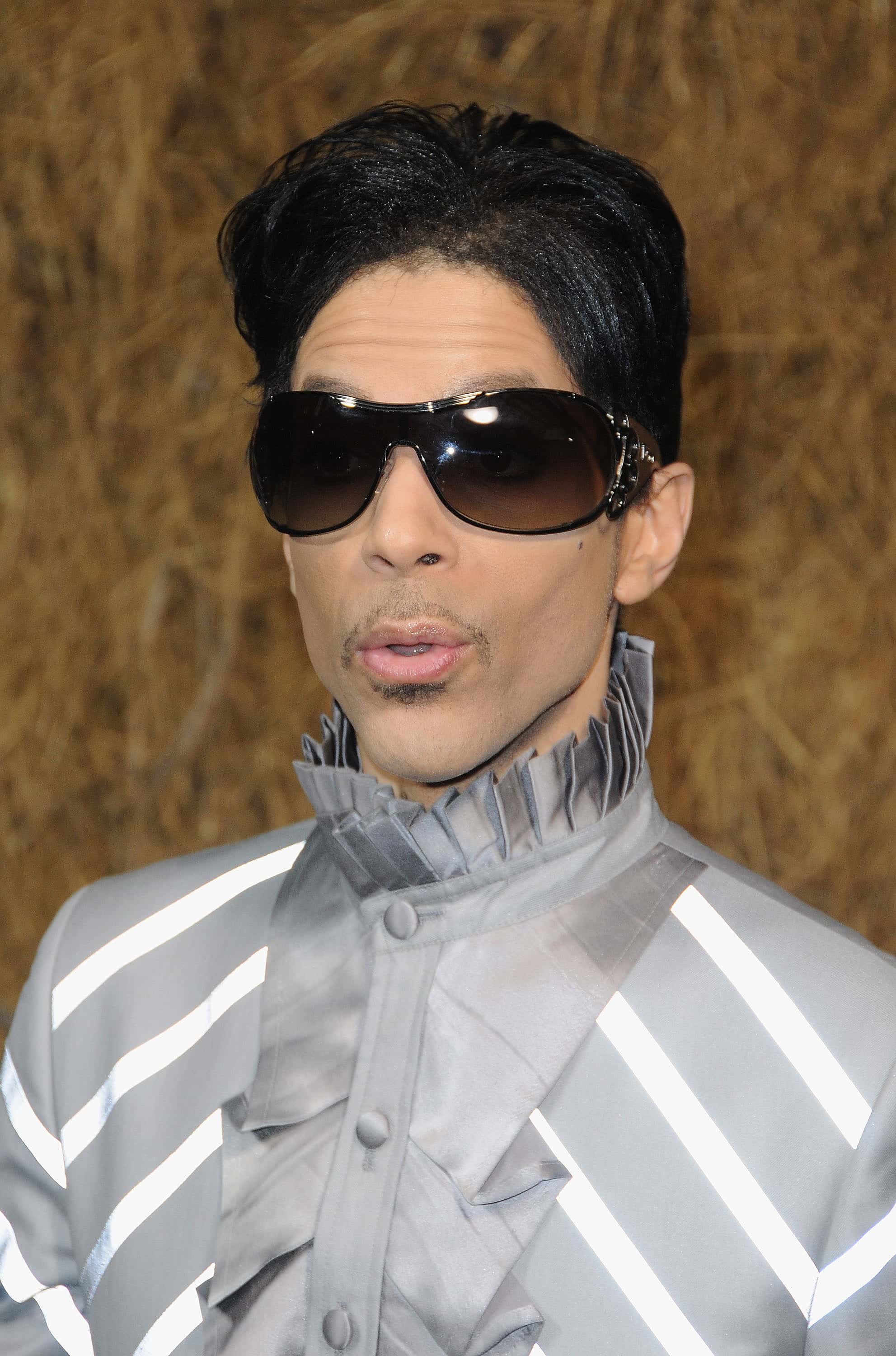Prince's last days: The shocking accidental drug overdose in an elevator that robbed the world of a visionary

Prince was one of the most enigmatic artists to ever grace a stage and this aspect of his persona only deepened with the mysterious circumstances surrounding his death. Following the release of his last two albums towards the end of 2015, Prince embarked on the Piano & A Microphone Tour in February 2016. Unlike a lot of his other performances, this tour was totally stripped back and featured just Prince and his piano. He managed to play for the first few legs of the tour, before an illness cut it short in April.
Initially, statements claimed he had influenza. He received multiple unidentified prescriptions from a family-medicine doctor during this time and continued to schedule performances. The musician performed his final show on April 14, despite not feeling well, and became unresponsive while flying back to Minneapolis the next morning. The plane made an emergency landing in Illinois on April 15, and reports began circulating that Prince had overdosed on Percocet, an opioid used to treat moderate to severe short-term pains. A bodyguard carried him off the plane and a local EMS gave him a shot Narcan, a medication used for the complete or partial reversal of the effects of an opioid overdose, and later hospitalized. Prince was soon conscious again and left the hospital against medical advice. Officially, it was stated he was suffering from dehydration and influenza.

Prince would spend the next few days bicycling around town, shopping for Stevie Wonder and Santana albums, and attending singer Lizz Wright's performance at the Dakota Jazz Club. He would also tweet, "@benni1028 what did u do 2 us in Atlanta, @Prince? I've barely slept since that nite. #FeelingRejuvenated #FeelingInspired #FeelingLoved".
Following a call from Prince's representatives seeking medical help for the musician, Howard Kornfeld, a California specialist in addiction medicine and pain management, a 9-1-1 call was placed from his Paisley Park home by Kornfeld's son, who had flown in with buprenorphine, an opoid used to treat opioid use disorder, acute pain and chronic pain. He was meant to develop a treatment plan for opioid addiction to help Prince. During the call, he initially claimed an unidentified man was unconscious before later stating he was dead and revealing his identity to the dispatcher.
Paramedics were unable to revive Prince when they arrived and found him unresponsive in an elevator, stating he had been dead for at least six hours. Official reports claimed that Prince had died on April 21 of an accidental overdose of fentanyl. He was 57.

Several law enforcement agencies launched investigations into his death soon after due to there being suspicions into whether Prince obtained the fentanyl by a prescription or illegally. It was also reported that opioids had been discovered on his body and in his home. The multi-agency investigation ended with no criminal charges filed. An autopsy was conducted, with early reports claiming Prince may have had Percocet in his system, and his remains were soon cremated.
Prince's sister Tyka Nelson later filed court documents to open a probate case, claiming Prince had left no will behind since this meant his five half-siblings would also have a claim to his multi-million dollar estate. Following his death, 700 people came forward claiming to be half-siblings and descendants, prompting Bremer Trust to be given control of his estate and use a blood sample from the coroner who performed Prince's autopsy to validate the claims.
As time went on, it became increasingly apparent that Prince was deeply entrenched in the depths of addiction during his final years. His late half-brother Duane claimed the musician had been addicted to cocaine and Percocet in the early 2000s, according to Prince's attorney, while other associates claim he was using drugs to deal with pain stemming from a hip problem he developed later on in his life.

Percocet, experts say, is as addictive and perilous as heroin. Jonathan Wynbrandt, an assistant professor of medicine at Cleveland’s Case Western Reserve University Medical School, has stated of the drug, "You start out being able to just take one to get the pain relief you need... But then you get folks who abuse the drug who have to take five, six, seven at a time. That’s when you get respiratory difficulties, sudden death, cardiovascular problems."
But despite the indications of a serious addiction to drugs, most likely painkillers, there has been a concerted effort by many who worked with the musician to steer his image and legacy away from substance use. Randy Phillips, who managed prince back in the '90s, claimed, "He didn’t drink, he didn’t smoke, no drugs." DJ Sky Dangcil, who worked on Prince's 2004 Musicology tour as well as spun for the musician at parties he hosted in his home would also state, "Everyone is flabbergasted – he was very anti-drug."
For others who encountered the musician towards his end, Prince was driven, with a heaping side-dose of controlling tendencies which the co-author of his memoir Dan Piepenbring claims came from his authoritarian father. Piepenbring, however, despite working closely with Prince during his final days, says he never knew the musician was ill or on the verge of an accidental overdose. "The idiosyncrasies of fame afford a kind of cloak," he stated of how artists rarely reveal the pain they are truly in, before adding all he saw was "someone who was in full possession of his faculties and still burning with ambition."










